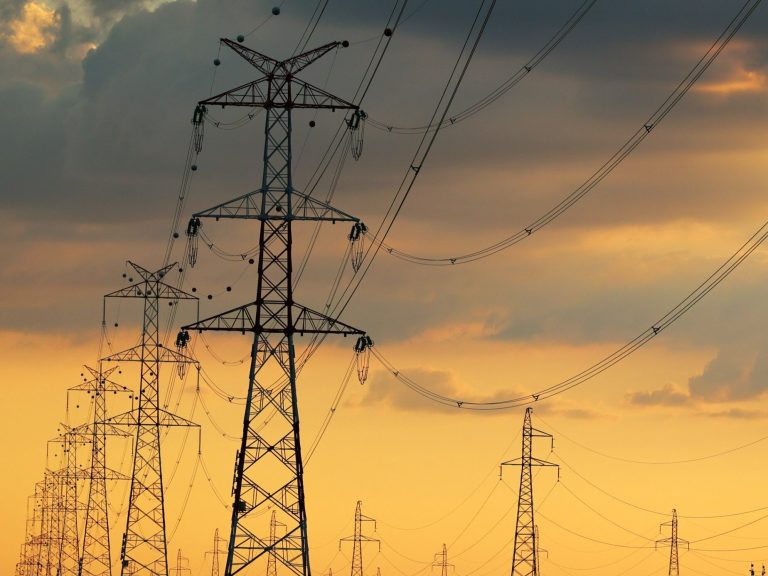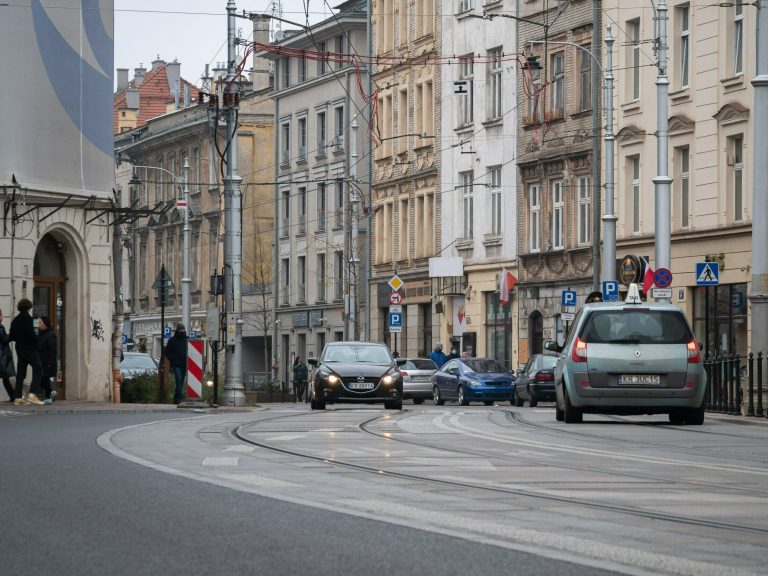The EC summarizes the implementation of the post-pandemic reconstruction plan. We have something to envy our neighbors

The implementation of the post-pandemic reconstruction plan has been going on for 2.5 years. Some European countries spend EU money on investments, but also on reforms that are important for their citizens. There is no sign of a breakthrough in this matter in Wisła for now.
A few months after the outbreak of the Covid-19 pandemic in 2020, the European Union developed a recovery plan aimed at dynamizing the European economy after the coronavirus crisis, as well as supporting the ecological and digital transformation. The EU budget allocated EUR 723 billion for loans and grants. The implementation of the post-pandemic reconstruction plan has been going on for 2.5 years. So far, EUR 153 billion has been transferred to member states.
Post-Covid-19 recovery plan. The EC sums up
The head of the European Commission, Ursula von der Leyen, visited most European capitals, where she gave a positive assessment of national reconstruction plans. According to TVN24 Biznes, the Spanish are the fastest to complete the milestones and are therefore the only ones who have already received four transfers (an advance payment and three tranches). The advance payment and two tranches were received by the Portuguese, Greeks, Slovaks, Croatians and Italians. The latter are building 450 kilometers of high-speed rail routes, the Spaniards are replacing diagnostic equipment in hospitals that is over 12 years old, and thermal modernization of private houses is to be carried out in Slovakia. In turn, our neighbors from Lithuania have built a farm of huge batteries that provide energy security for the entire country.
The website points out that the reconstruction plan includes not only physical investments, but also important reforms. Croatia has introduced flexible working hours for parents, Spain has legally established equal pay for women and men doing the same work, and Bulgaria – in order to support the development of future generations – has introduced compulsory preschool for children from the age of 4.
What about Poland?
Poland cannot yet boast of similar investments and reforms, as it has not yet submitted an application for the payment of funds (this depends on the so-called milestones regarding the judiciary). After sending updated plans and applying for additional loans of EUR 23 billion, we are to receive EUR 60 billion.
Prime Minister Mateusz Morawiecki recently expressed hope that in September the Constitutional Tribunal will issue a verdict on the amendment to the Act on the Supreme Court (the amendment provides, among other things, that disciplinary and immunity cases of judges are to be resolved by the Supreme Administrative Court, and not – as currently – by the Chamber of Professional Responsibility of the Supreme Court ). The amendment is intended to fulfill a key “milestone” for the European Commission to unblock funds from the KPO. The head of government emphasized that after the Constitutional Tribunal’s ruling, an application regarding the KPO will be submitted to the European Commission, which will have 60 days to respond.






